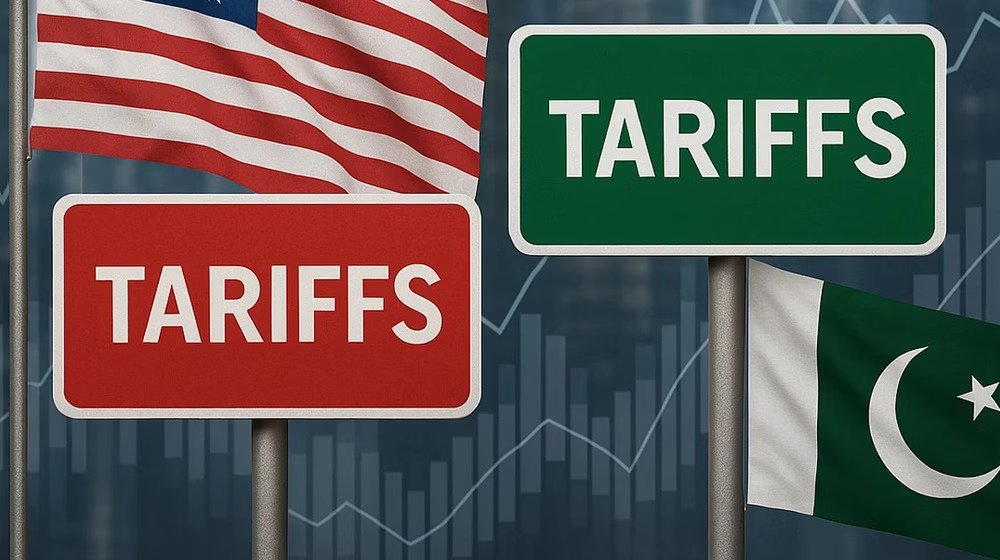In a strategic move aimed at navigating rising trade tensions and unlocking new economic opportunities, Pakistan has officially decided to send a high-level delegation to the United States.
This development comes in direct response to the recent trade tariffs imposed by former U.S. President Donald Trump on Pakistani imports.
Comprehensive Review on Trade Policy and Export Enhancement
The high-level meeting included top-tier government officials such as Deputy Prime Minister and Foreign Minister Muhammad Ishaq Dar, Ministers Ahad Khan Cheema, Muhammad Aurangzeb, and Ali Pervaiz Malik, along with key advisors and senior policymakers.
The delegation’s primary mission is two-fold: to initiate a dialogue over Trump-era tariff increases on Pakistani exports, and to foster deeper, mutually beneficial bilateral trade relations.
These tariffs have impacted a range of sectors critical to Pakistan’s export economy, including textiles, leather goods, surgical instruments, and sports equipment—industries that traditionally form the backbone of Pakistan’s trade surplus with the U.S.
The tariff hikes introduced by Donald Trump have been seen by many analysts as a protectionist measure, part of a broader effort to recalibrate America’s trade imbalances.
According to trade experts, these measures could lead to a projected decline in Pakistan’s annual export revenue by 10-15% if not addressed through diplomatic channels.
The Pakistani Embassy in Washington D.C. has been actively liaising with U.S. authorities, maintaining consistent diplomatic engagement to monitor and assess developments.
Pakistani Embassy in Washington Actively Engaged
Prime Minister Sharif emphasized the necessity of collaboration between state institutions and the private sector, instructing that business leaders with proven experience in international trade accompany government representatives.
Beyond responding to tariff pressures, the Pakistani delegation seeks to broaden the trade relationship with the United States by exploring new sectors for collaboration, such as:
- Information Technology and Software Services
- Renewable Energy Technologies
- Agricultural and Halal Food Exports
- Pharmaceutical and Biotechnology Products
These sectors have demonstrated high growth potential and align with the U.S. demand for diversified import sources, particularly amid its shifting geopolitical and trade alignments post-COVID and during the ongoing realignment of global supply chains.
Pakistan’s initiative to address these tariffs through diplomacy rather than confrontation sends a powerful message to regional and global trade partners.
Additionally, it positions Pakistan as a key player in South Asia’s trade ecosystem, with the potential to attract diversified trade routes and international investments, especially as global companies seek alternatives to overreliance on Chinese manufacturing hubs.


